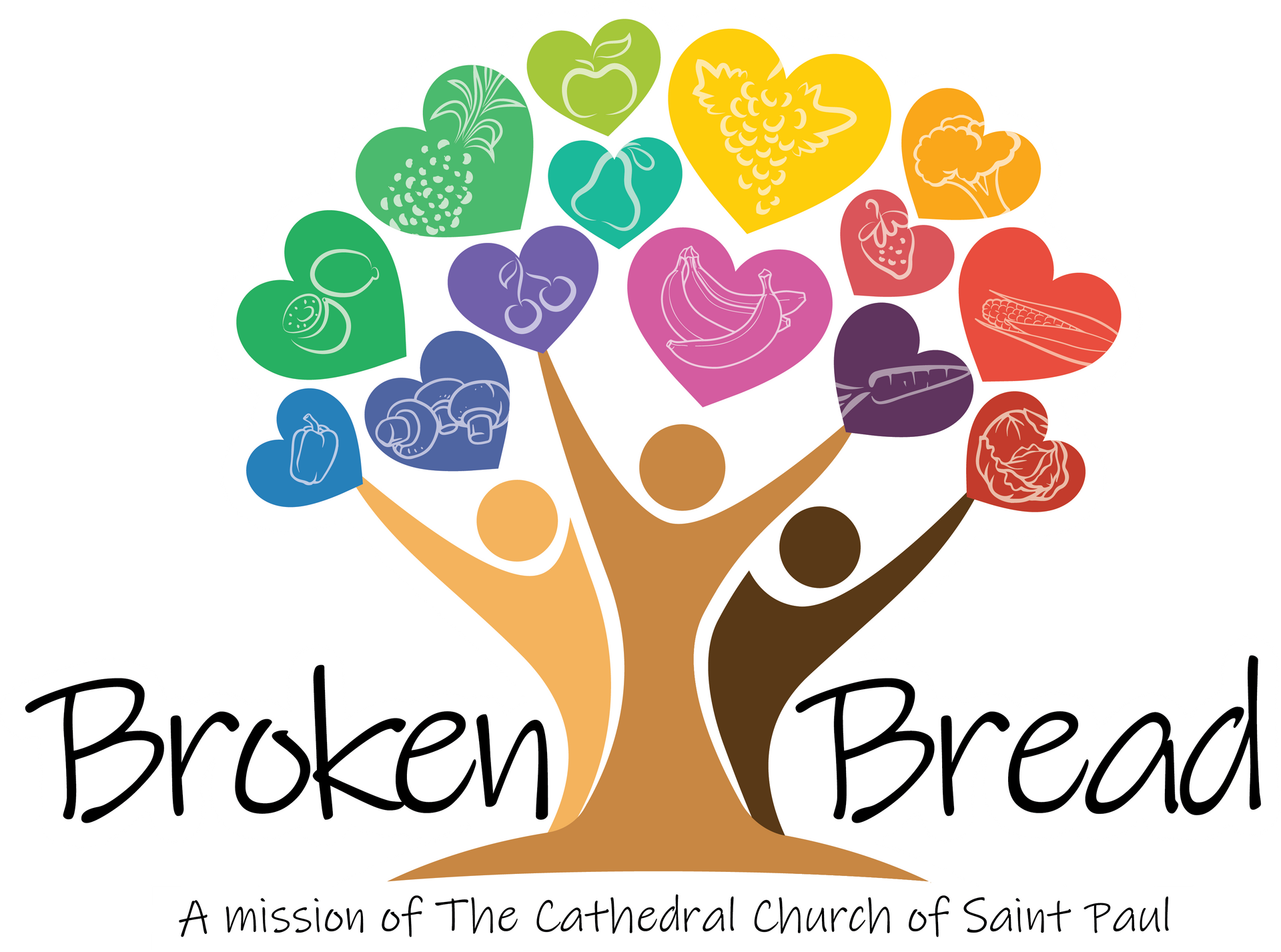Eucharist at the
Fond du Lac Cathedral
“I am the living bread that came down from heaven. Whoever eats this bread will live forever; and the bread that I will give is my flesh for the life of the world.” – John 6:51
Welcome to the Sacrament of the Eucharist
The Sacrament of the Eucharist, also known as Holy Communion, is the heart of Christian worship and the source and summit of our faith. In this sacred meal, we receive the Body and Blood of Christ under the forms of bread and wine. Through this sacrament, we are united with Jesus Christ, nourished by His real presence, and strengthened to live as His disciples.
The Eucharist is both a memorial of Christ’s sacrifice on the Cross and a celebration of His resurrection. It is the sacred banquet where the faithful are drawn into deeper communion with God and with one another.
Who Can Receive the Eucharist?
- Baptized Christians who are in a state of grace.
- Those who have fasted for one hour before receiving Communion.
- Children who have prepared for and celebrated their First Holy Communion.
- Christians who regularly participate in Sunday Mass and holy days of obligation.
What Happens During the Eucharist?
The Eucharist is celebrated within the Mass and includes the following:
- Liturgy of the Word – We hear the Word of God proclaimed through Scripture and preaching.
- Liturgy of the Eucharist – Bread and wine are consecrated by the priest and become the Body and Blood of Christ.
- Holy Communion – The faithful receive Christ’s real presence, uniting them with Him and the Church.
The Effects of the Sacrament
- Deepened union with Christ and His Church.
- Spiritual nourishment and strength for Christian living.
- Forgiveness of venial sins.
- Grace to resist temptation and grow in holiness.
- A foretaste of the eternal banquet in heaven.
Receiving the Eucharist Outside of Mass
Holy Communion may also be brought by priests, deacons, or extraordinary ministers to those who are homebound, hospitalized, or in care facilities, so they may share in this sacrament of Christ’s presence.
Requesting More Information
To learn more about the Eucharist or arranging for Communion to be brought to the sick or homebound, please contact the parish office at
(920) 921-3363.
What is the Eucharist?
The Eucharist, also known as Holy Communion, is the source and summit of Christian life. In this sacrament, we receive the Body and Blood of Christ under the appearance of bread and wine, uniting us with Christ and with one another.
Why is the Eucharist important?
The Eucharist is both a memorial of Christ’s sacrifice on the Cross and a celebration of His resurrection. Each time we share in Communion, we are nourished by Christ’s real presence, forgiven of venial sins, and strengthened to live as faithful disciples.
How often can I receive the Eucharist?
You can receive the Eucharist daily, if possible. At Saint Paul’s we serve the Holy Communion every Sunday and during any weekday services.
What happens during the Eucharist?
During Mass, the bread and wine are consecrated by the priest and truly become the Body and Blood of Christ. The faithful then come forward to receive Holy Communion, sharing in Christ’s real presence.
What are the effects of receiving Holy Communion?
- Deeper union with Christ.
- Forgiveness of venial sins.
- Strength to resist temptation.
- Increased love and unity within the Church.
- A foretaste of the heavenly banquet.
Can non-Christians receive the Eucharist?
Because the Eucharist is a sign of full unity of faith, life, and worship, it is ordinarily reserved for Christians.
How can I learn more?
To learn more about the Eucharist, preparation, or receiving Holy Communion at home or in the hospital, please contact the parish office at (920) 921-3363.


